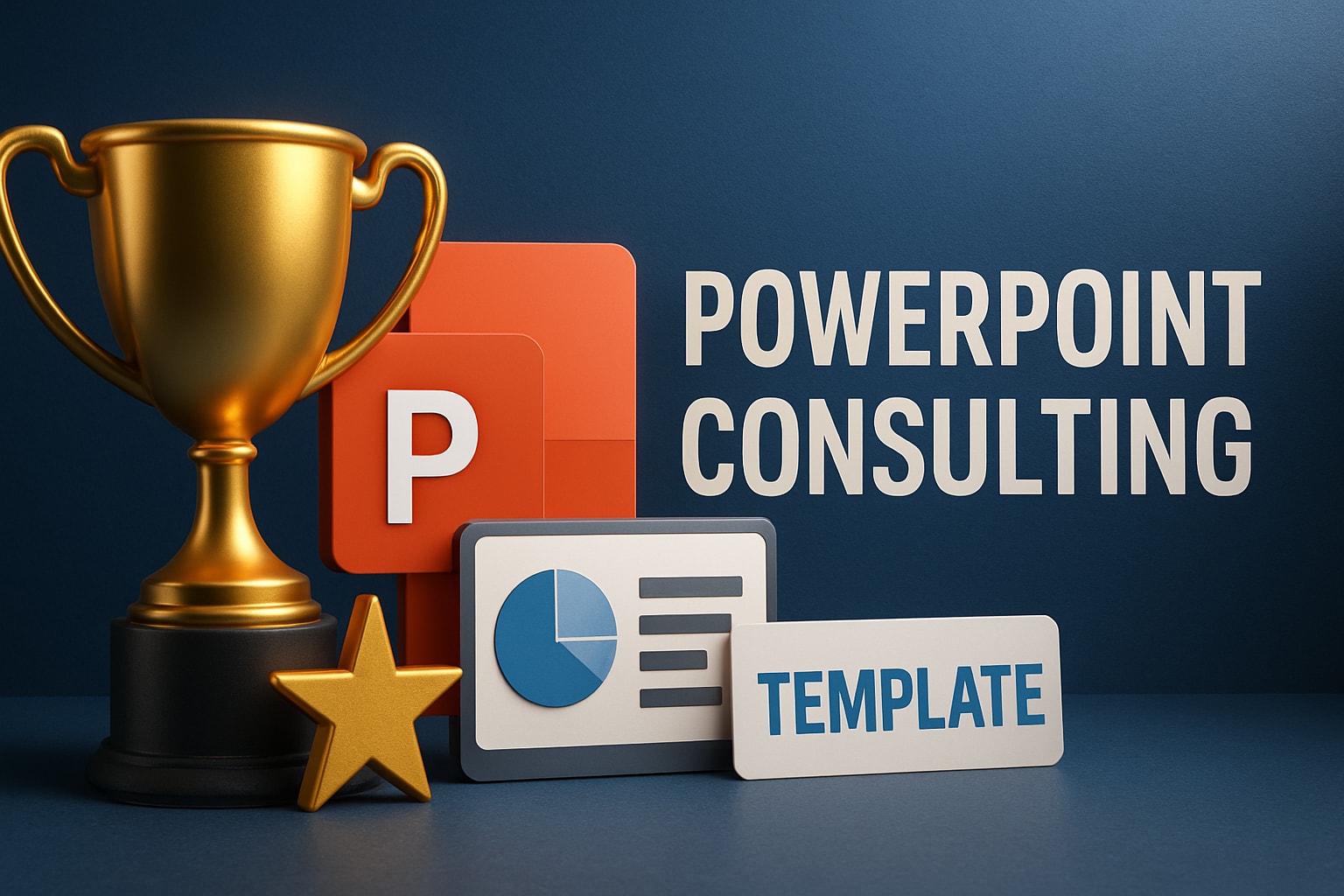Biotech Market Trends 2024: Tailoring Your Pitch Deck to Current Industry Dynamics

Evaluating the Current State of the Biotechnology Market
As of late 2023, the global biotechnology market is valued at $1.22 trillion and is projected to grow to $3.21 trillion by 2030, indicating a potential yearly compound growth of 12.8% (Nasdaq). This growth trajectory presents immense opportunities for biotech startups. However, challenges such as impending patent expirations, regulatory pressures, and fluctuations in FDA approvals also shape the landscape.
Key Biotech Trends for 2024

Tailoring Your Pitch Deck
Given these trends, your pitch deck should:
- Highlight Innovation: Focus on how your startup is part of these emerging trends. Whether it's through CRISPR technology, AI in drug discovery, or stem cell research, make sure your innovative approaches are front and center.
- Showcase Data and Market Potential: Use data to back up your claims. Show potential investors the market size, growth potential, and how your startup is positioned to capitalize on these trends.
- Emphasize Collaboration and Efficiency: If your startup is collaborating with CROs or leveraging AI for efficiency, highlight these points. This shows that you're not just following trends but are also working smartly and resourcefully.
- Address Regulatory Compliance: With increasing regulatory pressures, it's important to show that your startup is prepared to navigate these challenges.
Biotech Startups That Raised Funding in 2023 Outside of Trending Concepts
However, in 2023, several biotech startups successfully raised significant funding despite not being directly tied to the predominant trends in the industry. These startups have focused on diverse areas, showcasing the breadth of innovation and potential in the biotech sector. Here are some notable examples:
- Funding: Raised $116 million in Series B.
- Focus: Developing precision tyrosine kinase 2 (TYK2) inhibitors for multiple sclerosis and psoriasis.
- Reason for Investment: The substantial funding reflects confidence in Sudo's approach to developing targeted therapies for autoimmune diseases, a field with significant unmet medical needs.
- Funding: Closed a $55 million Series A.
- Focus: Utilizing Carmot’s Chemotype Evolution technology for therapeutic targets in oncology, immunology, and inflammation.
- Reason for Investment: Kimia's innovative platform and its potential applications in various therapeutic areas attracted significant investor interest.
- Funding: Secured $85 million in Series B.
- Focus: Developing treatments for fibro-inflammatory disorders, including thyroid eye disease and cancer.
- Reason for Investment: Lassen's focus on fibro-inflammatory disorders, an area with high demand for new treatments, drove investor support.
- Funding: Completed a $66 million Series B.
- Focus: Discovering and developing small molecule medicines using DNA-encoded covalent library tech combined with AI/ML.
- Reason for Investment: Totus' unique combination of novel technology and AI/ML integration in drug discovery presented a compelling investment case.
- Funding: Raised $37 million.
- Focus: Building a platform and pipeline for multi-functional T-cell engager programs.
- Reason for Investment: The company's innovative approach to T-cell engagement in cancer treatment garnered support from several big pharma venture arms.
- Funding: Launched with $213 million in Series A & B.
- Focus: Developing gene therapies for monogenic liver diseases and cell therapies for autoimmune diseases.
- Reason for Investment: Tome's focus on programmable genomic integration and its potential applications in gene and cell therapies attracted substantial funding.
- Funding: Raised $165 million in Series C.
- Focus: Clinical development of BCA101 for solid tumors.
- Reason for Investment: Bicara's promising approach to cancer treatment, particularly its lead asset BCA101, drew significant investor interest.
You can totally steal some inspiration from that list and some of our successful case studies as well, like this one.
Conclusion
The biotech industry in 2024 is ripe with opportunities, but also challenges. By tailoring your pitch deck to reflect the latest trends and market dynamics, you can position your startup as a forward-thinking, innovative player in the biotech field.

- This is some text inside of a div block.lay out the facts clearly and compellingly. Use data to establish the ground reality, but remember that facts alone are like the individual strands of a tapestry—necessary but not complete.lay out the facts clearly and compellingly. Use data to establish the ground reality, but remember that facts alone are like the individual strands of a tapestry—necessary but not complete.
- This is some text inside of a div block.lay out the facts clearly and compellingly. Use data to establish the ground reality, but remember that facts alone are like the individual strands of a tapestry—necessary but not complete.




